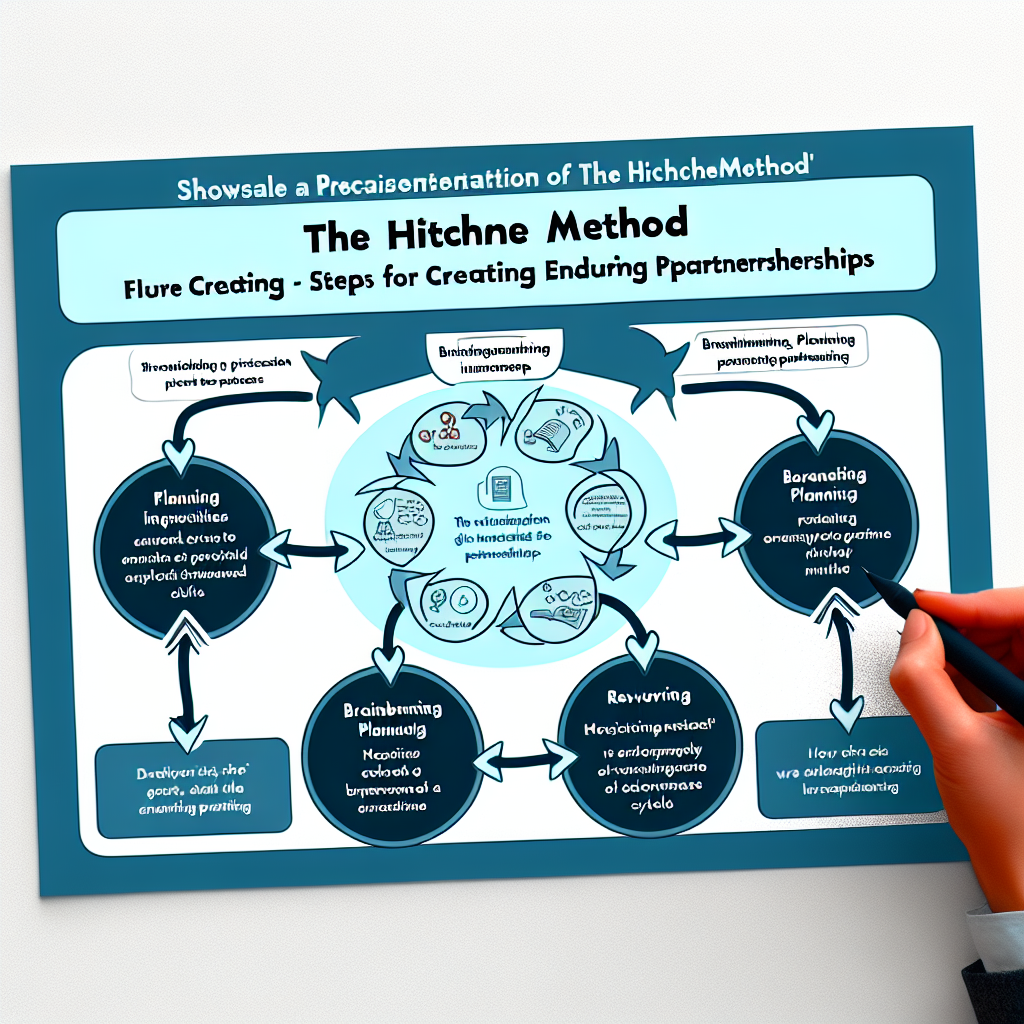Understanding Emotional Breadcrumbing: Are You Being Led On?
Introduction
In the ever-evolving landscape of modern dating, technology has introduced both convenience and complexity. While it’s easier than ever to connect with new people through dating apps and social media platforms, it has also given rise to new behavioral patterns—some of which can be emotionally damaging. One such behavior is “emotional breadcrumbing,” a subtle yet profound form of emotional manipulation where someone gives just enough attention or affection to keep a person interested, without any real intention of forming a committed relationship.
Emotional breadcrumbing represents a grey area in romantic relationships that can leave singles feeling confused, frustrated, and stuck on a hope that may never materialize. This behavior typically involves sporadic messages, vague commitments, flirtatious comments without follow-through, or inconsistent affirmation that keeps you around but emotionally at bay. Whether you’re 18 or 80, emotional breadcrumbing knows no age limit—it affects people across the entire dating spectrum.
The psychology behind breadcrumbing often ties to issues of validation, control, or avoidance of deeper emotional connections. For the person being breadcrumbed, the emotional toll can be significant. They may continually question their worth, internalize the mixed signals, and even delay moving on to healthier relationships out of lingering hope. In today’s swipe-right culture, breadcrumbing has become alarmingly common and is often mistaken for genuine interest, which only prolongs the emotional confusion.
This blog dives deep into what emotional breadcrumbing is, how to identify it, and what to do if you suspect you’re being led on. Whether you’re newly navigating the dating world or re-entering it after years, understanding emotional breadcrumbing can save you time, preserve your emotional well-being, and guide you toward more compatible and fulfilling connections.
The Psychology Behind Breadcrumbing: Why Do People Do It?
Emotional breadcrumbing has been the subject of both psychological analyses and sociological studies, particularly in relation to digital communication and attachment theory. According to a study published in the Journal of Social and Personal Relationships (2019), breadcrumbing was found to be a form of “romantic ambivalence,” where individuals maintain potential love interests through intermittent contact due largely to their own indecisiveness or desire to keep options open.
Psychologists suggest that breadcrumbing is often tied to avoidant attachment styles—a pattern where individuals struggle with intimacy and commitment. Dr. Rachel Sussman, a relationship expert and licensed psychotherapist, explains that breadcrumbing tends to be associated with narcissistic tendencies, where the breadcrumber derives gratification from holding emotional power over others without offering reciprocity (Psychology Today).
Tech and Texts: How Digital Platforms Make Breadcrumbing Easier
Technology exacerbates this behavior. A study by Stanford University in 2020 on digitally-mediated relationships found that superficial and low-effort communication—such as infrequent texting or intermittent social media likes—plays a significant role in perpetuating emotional ambiguity in modern dating. The persistence of notifications and the never-ending stream of potential partners allow breadcrumbing behaviors to flourish without consequence.
The Brain’s Role: Intermittent Reinforcement and Emotional Addiction
In medical terms, the psychological impact of emotional breadcrumbing can mirror the effects of intermittent reinforcement—a concept rooted in behavioral psychology. When rewards (like attention or affection) are given sporadically, individuals are more likely to fixate on the source, creating a cycle of emotional dependency. This is similar to patterns observed in gambling behaviors and is highly effective at keeping individuals emotionally stuck.
The Emotional Fallout: Breadcrumbing’s Toll on Mental Health
A 2022 international study published in Cyberpsychology, Behavior, and Social Networking examined how digital breadcrumbing correlates with increased symptoms of anxiety and depression, especially among young adults. Researchers concluded that the ambiguity created by breadcrumbing leads to emotional insecurity and fosters false hope, which can deteriorate psychological well-being over time.
Understanding these patterns offers clarity and empowers individuals to recognize the signs early. Knowing when you’re being emotionally strung along—rather than genuinely pursued—can alter your dating decisions and help protect your self-esteem.
Don’t Settle for Crumbs: Protecting Your Heart in the Digital Age
Dating in the digital age is complex, but your emotions shouldn’t be played like a game. Emotional breadcrumbing may start subtly—through a late-night text, vague promises, or inconsistent attention—but its long-term impact can be deeply unsettling. By educating yourself on this behavior, recognizing the red flags, and standing firm on your boundaries, you pave the way for healthier, more meaningful connections.
Don’t settle for crumbs when you deserve the whole loaf.
References
– Journal of Social and Personal Relationships (2019). Romantic Ambivalence and Digital Dating Behaviors.
– Psychology Today. Are You Being Breadcrumbed?
– Stanford University. Digital Communication in Modern Romantic Relationships.
– Cyberpsychology, Behavior, and Social Networking. Breadcrumbing and Mental Health in Online Dating.
Concise Summary:
Emotional breadcrumbing is a form of emotional manipulation where someone gives just enough attention or affection to keep a person interested, without any real intention of forming a committed relationship. This behavior can have significant psychological and emotional impacts, leading to increased anxiety, depression, and deteriorating mental health, especially among young adults. By understanding the psychology behind breadcrumbing and recognizing the red flags, individuals can protect their emotional well-being and pursue more meaningful connections in the digital dating landscape.

Dominic E. is a passionate filmmaker navigating the exciting intersection of art and science. By day, he delves into the complexities of the human body as a full-time medical writer, meticulously translating intricate medical concepts into accessible and engaging narratives. By night, he explores the boundless realm of cinematic storytelling, crafting narratives that evoke emotion and challenge perspectives. Film Student and Full-time Medical Writer for ContentVendor.com




